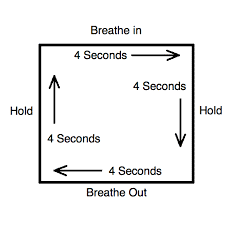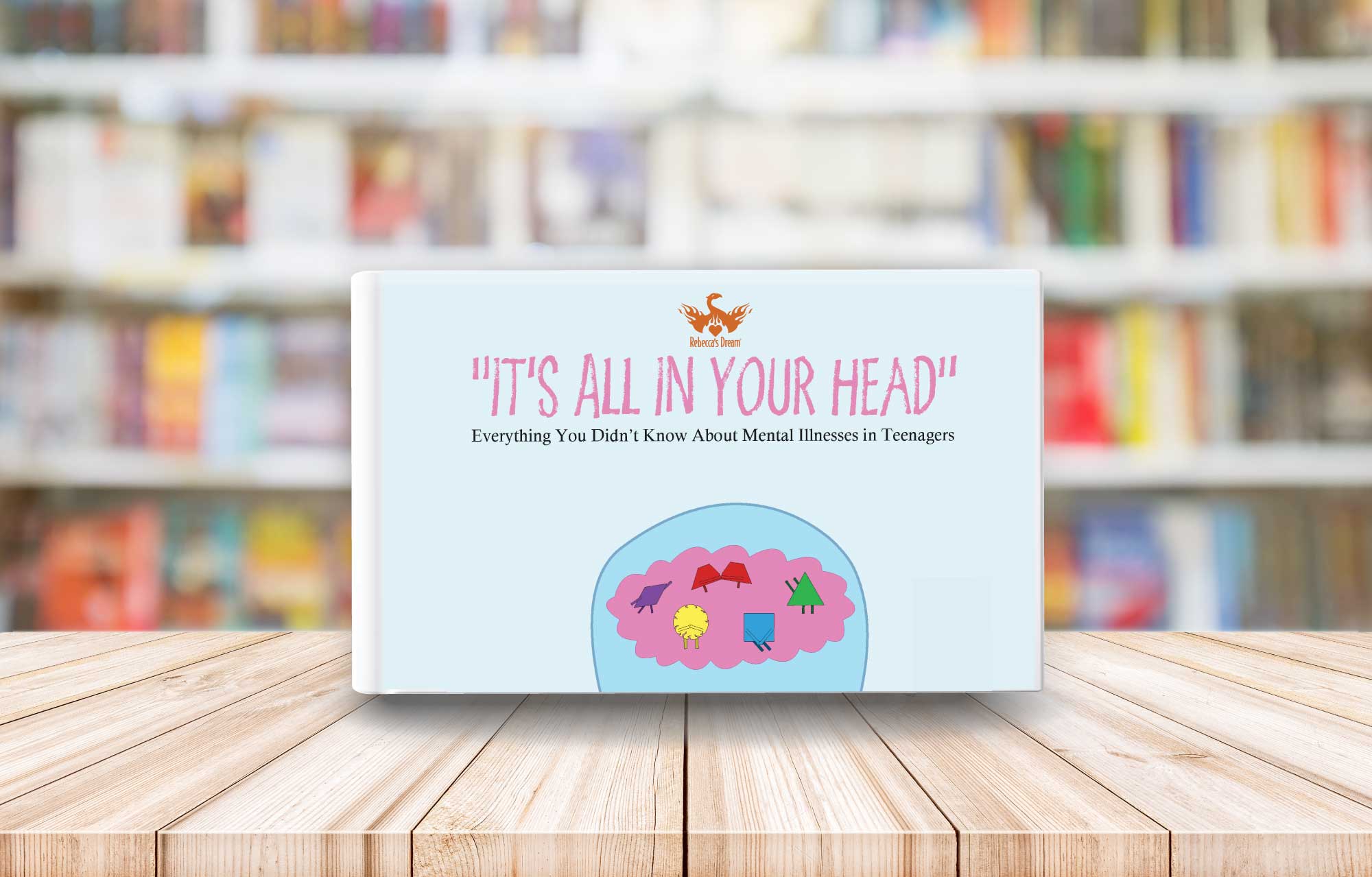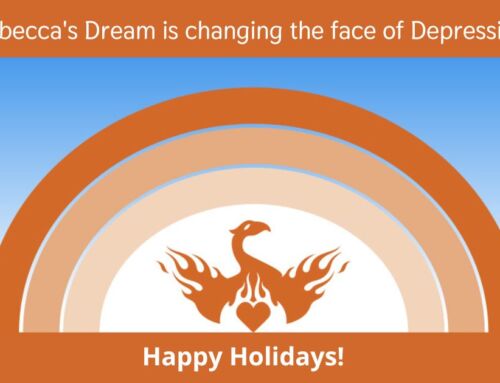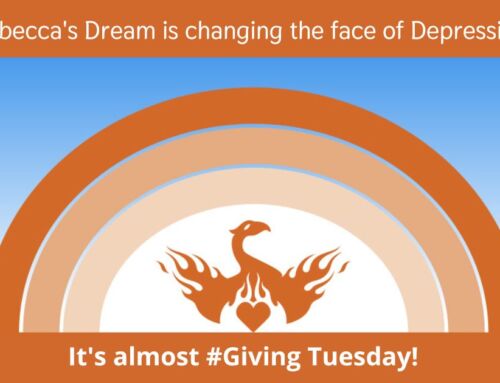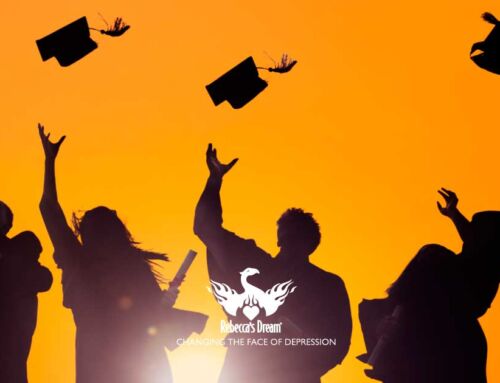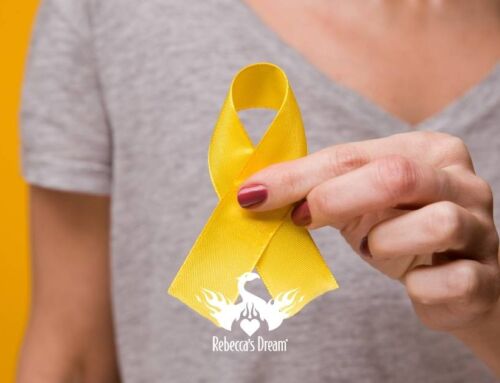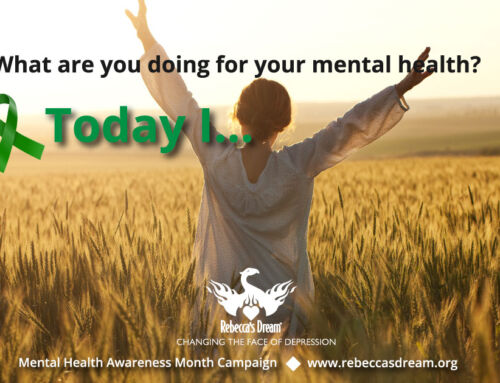I Matter. You Matter.
I was five years old when I learned my father was an addict. One of the people who supposedly loved me the most, chose a deadly substance over being a father to me. I spent years wondering why I wasn’t good enough; all of which contributed to my depression. The bullying I experienced in school exacerbated my depression.
It seemed as though I was immediately targeted. It felt like I was the center of every fight and hateful word. I was blamed for my father leaving, and told that I should end my life. I was shoved into lockers and sat alone in the cafeteria.
My sophomore year in high school, I was diagnosed with depression and severe anxiety disorder. Like many others, I was blamed for having this mental illness. My symptoms were referred to as a “phase” and I was told I could control it if I tried. As a result, I felt ashamed. This prevented me from getting the help I needed sooner. I was carrying such a heavy pain, and the criticism added to it. I felt like I was under water, drowning. I developed a fear of failure, public speaking and judgment, leading to avoidance behaviors and painful physical symptoms. And worst of all…I had excessive worry.

I Matter. You Matter.
I was five years old when I learned my father was an addict. One of the people who supposedly loved me the most, chose a deadly substance over being a father to me. I spent years wondering why I wasn’t good enough; all of which contributed to my depression. The bullying I experienced in school exacerbated my depression.
It seemed as though I was immediately targeted. It felt like I was the center of every fight and hateful word. I was blamed for my father leaving, and told that I should end my life. I was shoved into lockers and sat alone in the cafeteria.
My sophomore year in high school, I was diagnosed with depression and severe anxiety disorder. Like many others, I was blamed for having this mental illness. My symptoms were referred to as a “phase” and I was told I could control it if I tried. As a result, I felt ashamed. This prevented me from getting the help I needed sooner. I was carrying such a heavy pain, and the criticism added to it. I felt like I was under water, drowning. I developed a fear of failure, public speaking and judgment, leading to avoidance behaviors and painful physical symptoms. And worst of all…I had excessive worry.
After spending years searching for understanding, I learned that I had to be my own advocate. I worked diligently to acquire the skills necessary to effectively manage my anxiety and depression, and did my best to help others who may be feeling the same. I became an active member in a children of addicts support group which teaches about how being a child of an addict affects each individual. When I spoke at an assembly about depression and how bullying affects everyone, several students told me that I saved their lives. Others came forward about bullying and having symptoms of depression. One girl told me she was no longer ashamed and how it helped to know she wasn’t alone. The school developed more ways to combat bullying, and I found myself receiving apologies from people who bullied me in the past.
While these formal activities are important, I mostly fight the stigma of mental illness through my everyday actions. I talk openly about my personal story. When I hear a negative comments about mental illness, I use that as a learning opportunity and gently intervene. I remind kids that their language matters and they should understand mental illness before making comments. I also offer daily compliments to people I meet. So many people struggle with mental illness and showing affection or giving a compliment can make a difference in their day. Most importantly, I fight the stigma by not having a stigma toward myself. I no longer hide in shame. I volunteer, work and speak about mental illness, while taking my treatment seriously. [continue]
Be Part Of The Change.
Compassion In, Stigma Out.
[continued]
I honestly couldn’t have done it without my mom and sister. My sister was experiencing similar mental health problems so it helped a lot being able to relate to someone. My mom encouraged therapy from a young age and never dismissed how I felt. I started therapy for depression and anxiety when I was 12 and was in and out of it until I was 18 but we haven’t been able to afford it since I have turned 18 and have gone to college. I use the college resources but time with a therapist is limited. So, I have been combating it on my own. I refused medication until my sophomore year in high school because I was always told that I would get addicted like my father. But my sophomore year I knew I needed extra help because I couldn’t control how I was thinking like everyone else could.
Sarah S.
This month we celebrate Sarah and how she continues to fight the stigma surrounding mental illness. Sarah is a Rebecca’s Dream junior board member and 2020 College Scholarship winner. She paves the way for a stigma free future and is an inspiration to us all.

Sarah S.
Rebecca’s Dream College 2022 Scholarships in memory of Dr. Harlan Haimes
GET YOUR APPLICATIONS IN TODAY!
DEADLINE IS JANUARY 18, 2022
Rebecca’s Dream is a 501(c)3 Foundation, committed to serving the community by promoting awareness and compassionate understanding of depression and bipolar disorder as real diseases. The Rebecca’s Dream Scholarships are an opportunity for high school senior students to address the seriousness of stigma associated with mental illness.
Five applicants will be awarded a $1,000 scholarship each.
Featured Book
Mental Health News
Catch up on the latest articles and news headlines about mental health, bipolar disorder and depression at Rebecca’s Dream “The Voice” and Press.


